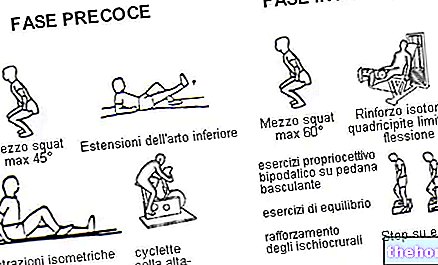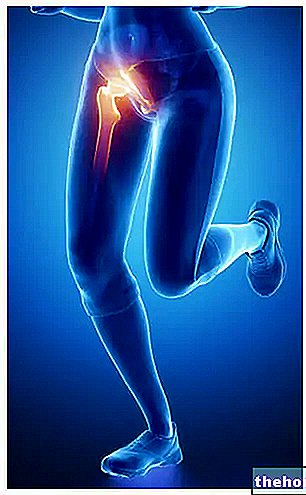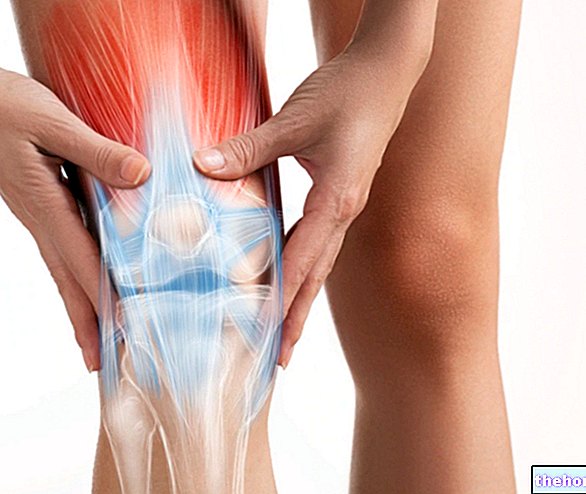Edited by Dr. Stefano Casali
The more we enter the flow state, the more the goals become defined and achievable and both internally and externally we have constant feedback that makes us understand how well things are really going. Even in a state of "altered" perception of time, space, surrounding events - almost as if everything else was suspended or abandoned - there is never any feeling of lack of control of the situation. In this state, maximum mastery of one's emotional states is achieved.
Sport Psychology analyzed the Flow model for the study of excellent performance (peak performance), that is to say the sporting performance in which the athlete expresses himself above his usual standard. Flow prepares the performance and generates peak performance, since it combines the most favorable mental conditions for optimal sporting performance. "The athlete is able to perceive and enhance the conditions of Flow, the greater the chances of associating with it peak performance. The Flow model enhances the role of subjectivity, intended as a factor in evaluating the conditions of the external environment and the psychic states internal to the individual. The approach can ideally be placed in continuity with the theoretical and empirical foundations of Gestalt Psychology, in which the substantial concepts of "form" and "organization" of reality were highlighted by means of which the individual perceives and interprets the outside world. In the Flow model, each individual finds the optimal experience in some activities of their daily life, depending on both the social and cultural context in which they live (which provides the scope of possible challenges on which to invest their attention) , both of their individual characteristics and abilities. To provide, instead, a more complete definition and, at the same time, easier and more immediate understanding, we can use four key words:
Focus: awareness, feeling totally and fully concentrated, absorbed and involved in what you are doing, without the interference of other thoughts and / or emotions.
Harmony: mind and body are a harmonious whole and work without any effort.
Total control of yourself and the situation
Fun
The previous keywords must be integrated with the nine Fundamentals characterizing the state of Flow.
1. The challenge-skill balance, or the coincidence between skills and opportunities for action
to. The challenge is the perceived one: it is the athlete who chooses the parameters that define the challenge, determining, consequently, what are the necessary skills.
b. Skills are those perceived: what the athlete believes he can do influences his experience more than his actual and real abilities.
2. The action-awareness fusion
The athlete who perceives that he possesses the skills necessary for the challenge is totally focused on the task and on the demands present: he is completely absorbed in his activity (there is no thought, there is no effort and fatigue, everything is spontaneous, no panic or anxiety ).
3. The clarity of objectives and intentions
The "athlete knows exactly where" he is, what he is doing, where he is going and, in particular, what he is going to do, visualizing the performance in advance.
to. Directs the action.
b. Focus attention.
c. Cancel the distraction.
4. Feedback regarding performance and target
to. Internal source of information: the body.
b. External source of information: the coach, his teammates, the public.
5. Concentration on the task
The athlete is able to avoid distractions.
6. The sense of control
It is linked in the athlete to the belief of possessing the required skills and has the role of:
to. Providing feelings of calm, confidence, confidence and power.
b. Reduce the fear of failure.
c. Create feelings of empowerment
7. The loss of self-awareness
There is no mental space to worry and think about yourself or others.
8. The transformation of time
The athlete experiences a dilated or restricted and shortened time.
9. The self-telic experience or intrinsic motivation
The athlete is motivated to accomplish the task:
to. For the pleasure of doing what he is doing.
b. Just for fun.
c. For the excitement of movement.
He perceives his activity as an end in itself and self-rewarding.
Other articles on "Flow and peak performance"
- Sport psychology: flow concept
- Happiness and sport
- Flow and peak performance: bibliography




























